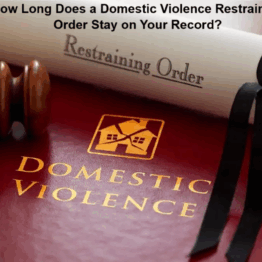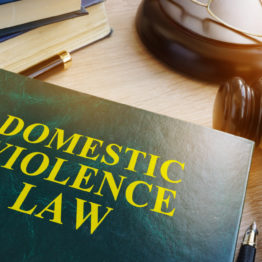The defining characteristic of what separates “domestic violence” from other crimes is the nature of the relationship between the accused and the “victim”. A crime can only be enhanced to constitute “domestic violence” if the accused and the complainant are connected by any one of a number of domestic relationships i.e. marriage (including ex’s), dating (including ex’s), persons related by blood, persons related by marriage, persons who share a child, the minor child of any of the foregoing persons or any person who has been appointed the custodian or legal guardian for the accused’s minor child). Although simple roommates used to be included in the foregoing list of relationships, Nevada’s domestic violence laws were recently amended to remove “roommates” as a qualifying relationship.
Many of my clients believe they were wrongfully charged with domestic violence because the victim was “not their boy/girlfriend or spouse.” This is a common misconception. They are shocked when I inform them that they can actually be charged with domestic violence if the act was the son of their brother-in-law from his prior marriage. Domestic violence charges are not limited to persons that are dating or married. In fact, once you have been married or involved in a “dating relationship” with another, that person is forever connected to you as a potential domestic violence victim or defendant. Nevada law defines “dating relationship” to mean “frequent, intimate associations primarily characterized by the expectation of affectional or sexual involvement.” Thus, one does not even need to necessarily hold another out to the world as his or her “boyfriend” or “girlfriend” for domestic violence laws to come into play. An individual that you have only had had one or two encounters with will arguably apply if an “expectation” of affection or sex exists. Nevada law does expressly provide that “a casual relationship or an ordinary association between persons in a business or social context” does not qualify as a “dating relationship.”
Ultimately, because of the severity of a domestic violence conviction, it is important that you understand the applicable laws. If you commit any number of criminal acts against your boyfriend, ex-husband, sister, son, father, mother-in-law or even your ex-girlfriend’s child from a separate relationship, the offense can be enhanced to a domestic violence charge. The question is not “who can be liable for domestic violence?” but “what is your relationship with the alleged victim?”







